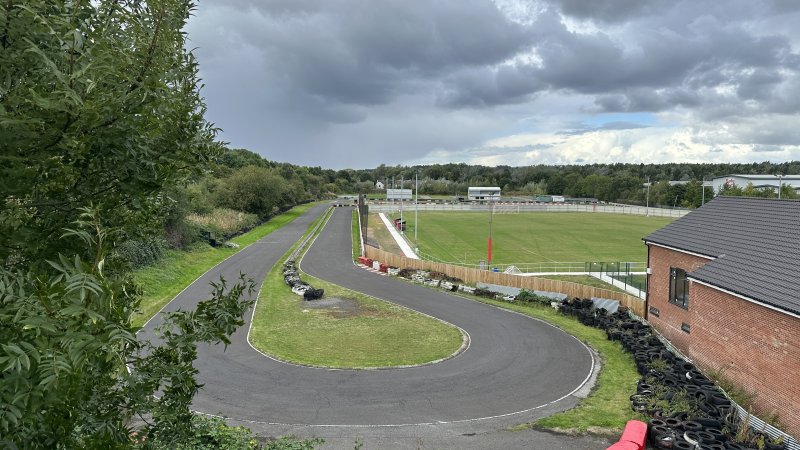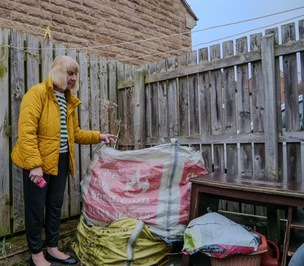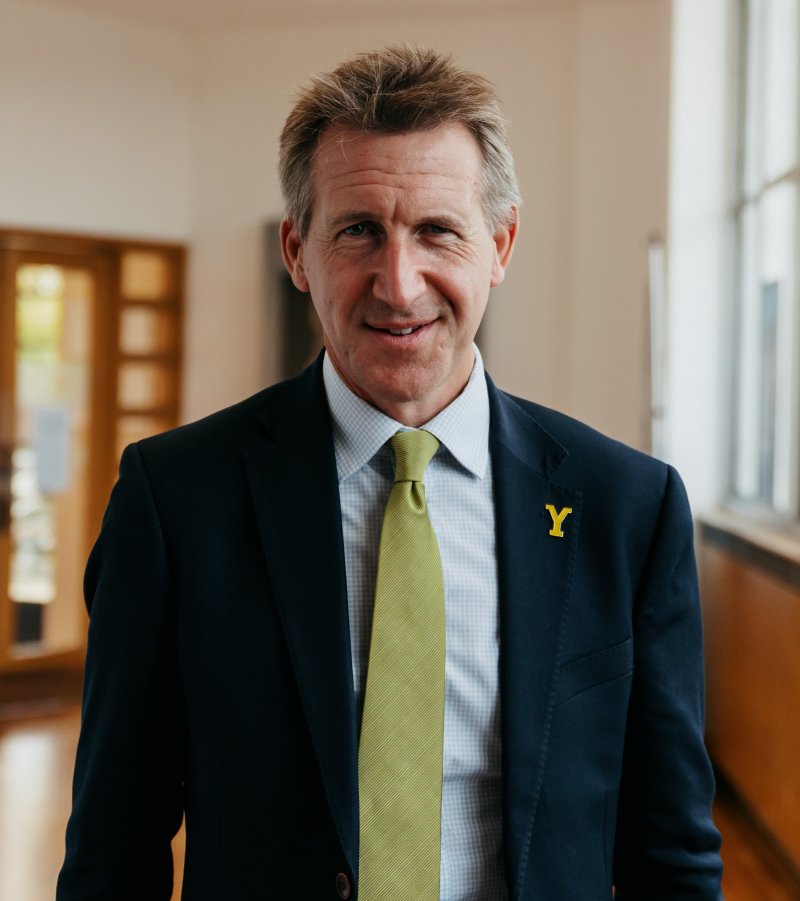MORE than 1,000 residents with a history of smoking have been targeted through a Barnsley GP-run scheme which set out to detect lung cancer - the most prevalent of all cancers diagnosed in the town - earlier in a bid to save lives.
The programme - commissioned by the NHS but rolled out via Barnsley GPs - has made its way to different neighbourhoods across the borough to identify any lung problems early, enabling earlier cancer diagnoses and improving survival rates.
A total of 1,056 people in Barnsley - aged 55 to 74 - who smoke or used to smoke have received a free lung health check since the project began last March, Barnsley Council revealed.
A report said: “In March 2023, people in Barnsley started to be invited for a free NHS lung health check.
“The programme is delivered in different neighbourhoods across the borough to identify any lung problems early.
“A targeted check is a two-stage process in which lung health is assessed.
“A quick, initial phone call will take place to make sure the person is eligible for the programme, and then a respiratory nurse will conduct an assessment with the person over the phone.
“If identified as someone with a higher chance of developing lung cancer, patients are invited to have a scan that will take a detailed image of their chest and, if a problem is found, they will be referred for treatment.
“The programme is unlikely to become a national screening programme until 2028 at the earliest and the model of delivery for when this happens is to be determined and subject to further national guidance.”
Statistics show that more than 15 per cent of all cancer diagnoses relate to lung cancer, followed by breast cancer and prostate cancer.
However, of those who qualified for a check and were found to have lungs in normal working order now, follow-ups are being planned to keep tabs on any potential changes.
Dr Sahar Awadallah, cancer lead, added: “The next few years will focus on follow-up scans for individuals who have already had an initial scan but do not require further investigation now however do require a period of surveillance.
“It will also include scans for additional cohorts in the area such as those that may have moved into the eligibility criteria, because of their age for example, and those whose risk scores have changed which now make them eligible.
“It is expected that Barnsley’s second cohort of patients will begin to be invited for screening in spring 2025.
“As part of the national pilot, we will continue to evaluate any additional infrastructure requirements to determine future need.
“Lung cancer often has no or few symptoms until a much later stage, so, if it is caught earlier, treatment could be more successful.
“Screening absolutely saves lives.”
Professor Peter Johnson, NHS England national clinical director for cancer, encouraged people to take part if they are eligible.
“As we all live longer and the number of people developing cancer continues to rise, the NHS is diagnosing more cancers than ever before, and our work to raise awareness, help to warn those at risk and encourage people to come forward for checks is vital to make sure people can get treatment promptly.
“NHS staff are working hard to see and treat more people with cancer than ever, but we know there is more to do to ensure people get a diagnosis or the all-clear sooner and to further improve care and treatment.
“As always, we would encourage people to get checked at the earliest opportunity if they have any worrying signs or symptoms.”


























